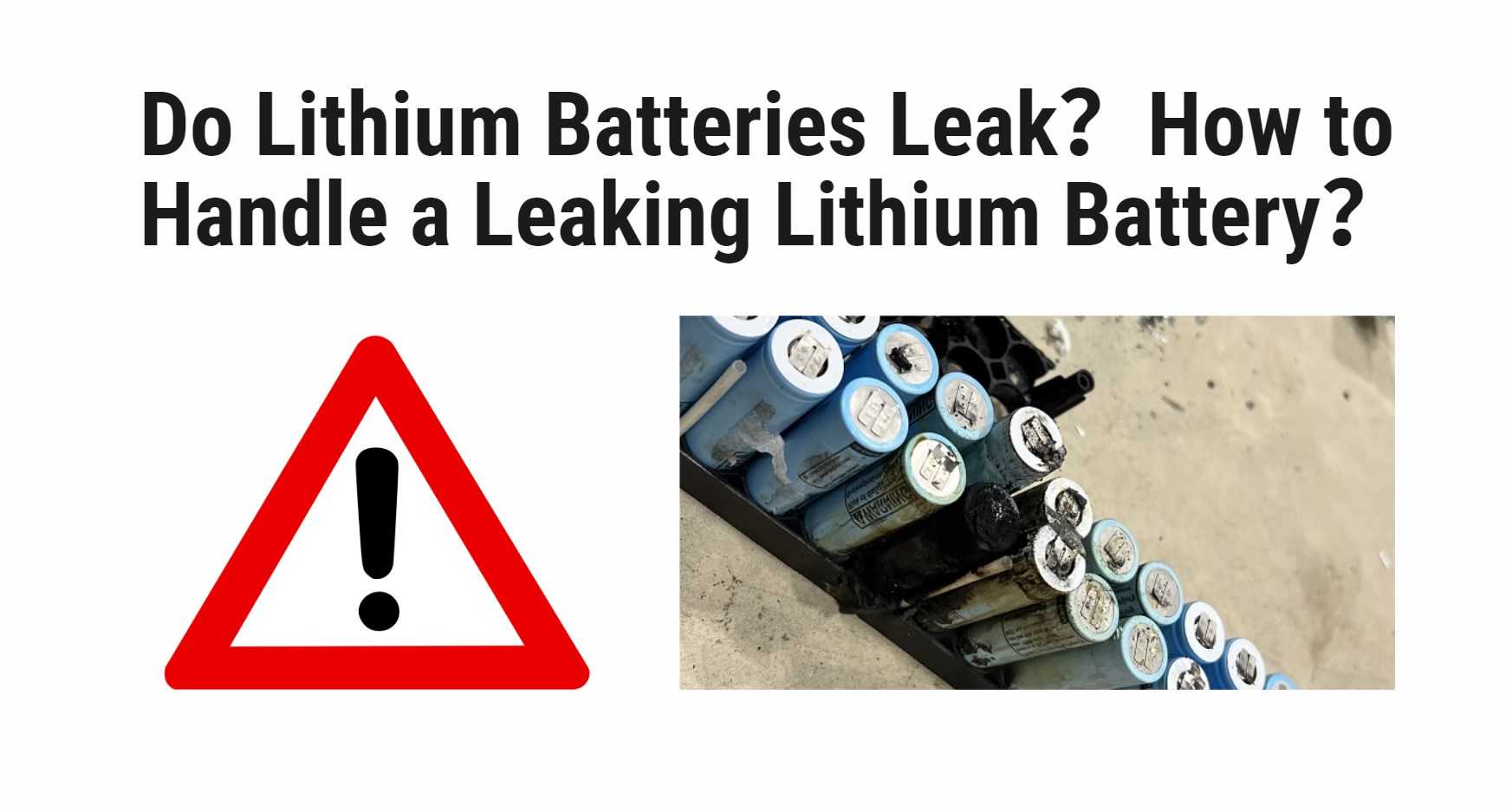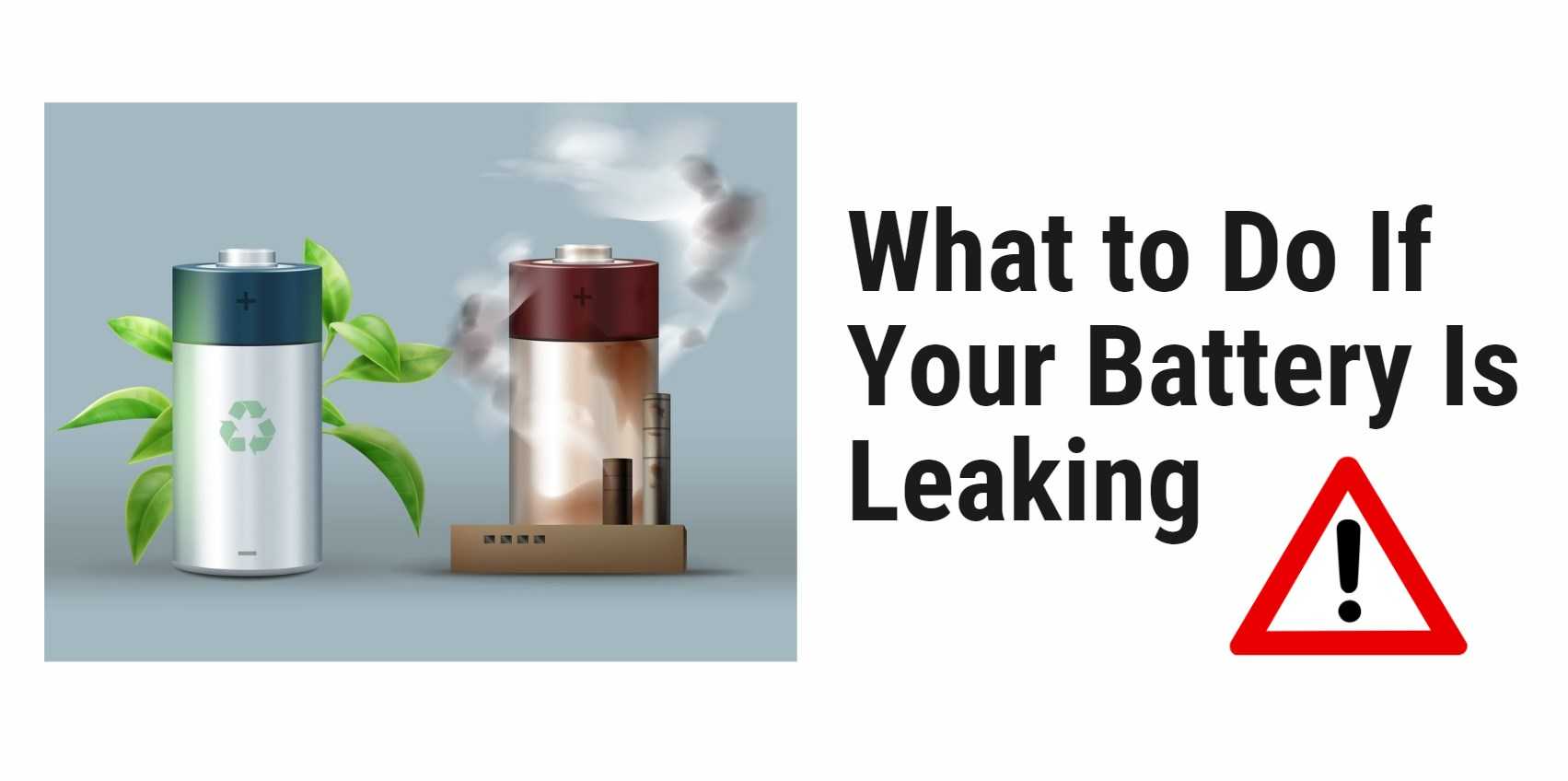At Redway, we delve into the critical issue of lithium battery leaks to provide you with comprehensive insights and actionable tips to safeguard your devices.
Understanding Lithium Batteries
Lithium batteries are ubiquitous in modern electronics, powering everything from smartphones to electric vehicles. Known for their high energy density and efficiency, these batteries have revolutionized portable power solutions.
Do Lithium Batteries Leak?
- Leakage Risk:
- Lithium batteries generally have a low risk of leakage.
- However, under certain conditions, they can indeed leak.
- Causes of Leakage:
- One common cause of lithium battery leakage is the internal temperature exceeding the safe range.
- High temperatures can damage the electrolyte inside the battery, leading to leakage.
- Preventive Measures:
- To prevent lithium battery leakage, it is important to store them in a cool and dry area.
- Avoid exposing the batteries to extreme temperatures or direct sunlight.
Despite their efficiency, lithium batteries can indeed leak, posing serious safety hazards. When a lithium battery leaks, it releases corrosive fluid that can damage devices and potentially cause harm if it comes into contact with skin or eyes.
Consequences of Lithium Battery Leakage
- Device Damage:
- When a lithium battery leaks, it can cause damage to the devices it powers.
- The leaked electrolytes from the battery are corrosive and can harm the internal components of the device.
- Corrosive Nature:
- The electrolytes in lithium batteries have corrosive properties.
- When these electrolytes come into contact with sensitive electronic components, they can cause irreversible damage.
- Device Inoperability:
- If a device is exposed to a leaking lithium battery for an extended period, it may become inoperable.
- The damage caused by the leaked electrolytes can compromise the functionality of the device.
How to Prevent Lithium Battery Leakage
- Proper Storage:
- Store lithium batteries in a dry and cool place.
- Avoid exposing them to extreme temperatures, both high and low, as temperature fluctuations can contribute to leakage.
- Avoid Overcharging:
- Overcharging lithium batteries can degrade the electrolyte inside, leading to leakage.
- Follow the recommended charging guidelines and avoid leaving batteries connected to chargers for extended periods.
- Regular Inspection:
- Regularly inspect lithium batteries for any signs of damage or defects.
- If you notice any abnormalities, such as swelling or leakage, discontinue use and replace the battery.
- Metal Objects:
- Keep lithium batteries away from metal objects, as they can cause short circuits and potential leakage.
- Store batteries in separate compartments or use protective cases to prevent contact with metal.
- Correct Battery Type:
- Always use the correct type of lithium battery for your device.
- Using incompatible batteries can increase the risk of leakage and other safety hazards.
- Handle with Care:
- Handle lithium batteries with care to avoid punctures or drops.
- Physical damage can compromise the integrity of the battery and lead to leakage.
What to Do If Your Battery Is Leaking
- Safe Removal:
- When you notice a battery is leaking, safely remove it from the device.
- Handle the leaking battery with caution to avoid any contact with the leaked electrolytes.
- Disposal Precautions:
- Place the leaking batteries in a plastic bag for proper disposal in the trash.
- This helps prevent any further leakage or potential harm to the environment.
- Neutralization Technique:
- If the leakage is from an alkaline battery, you can neutralize it using a mild acid.
- Carefully dab the leaked area with a few drops of white vinegar or lemon juice to neutralize the alkaline substance.
Conclusion
While lithium batteries offer efficient power solutions, understanding the risks of leakage is crucial for safe usage. By implementing proper storage, inspection, and handling practices, you can minimize the risks associated with lithium battery leakage and enjoy reliable performance from your devices.





